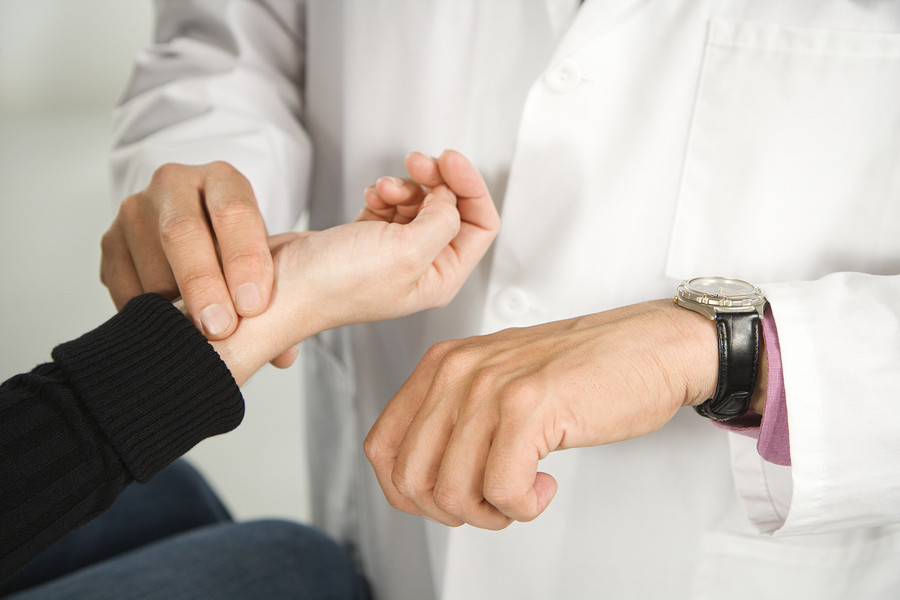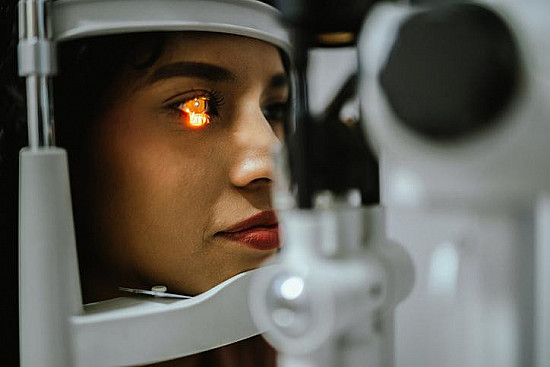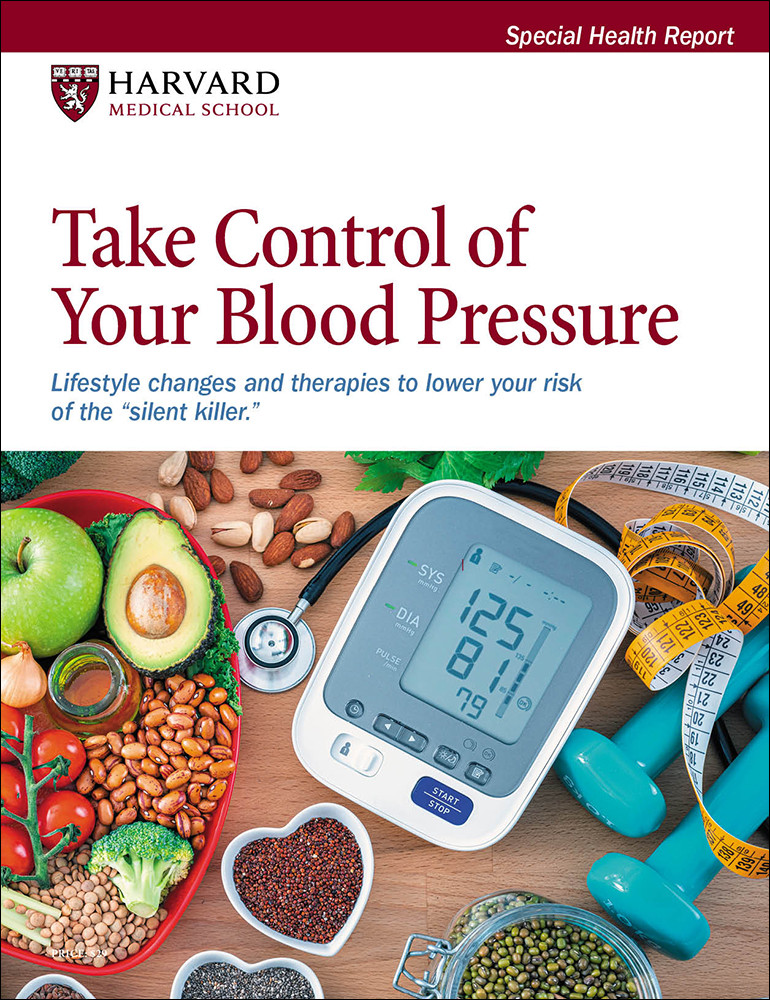Should I worry about my fast pulse?
Ask the doctor
- Reviewed by Howard E. LeWine, MD, Chief Medical Editor, Harvard Health Publishing; Editorial Advisory Board Member, Harvard Health Publishing

Q. My pulse is usually on the fast side. Does a high heart rate mean I have a problem with my heart?
A. In otherwise healthy people, a heart rate at rest should be less than 100 beats per minute at rest. Heart rates that are consistently above 100, even when the person is sitting quietly, can sometimes be caused by an abnormal heart rhythm. A high heart rate can also happen because the muscles that make up the left ventricle of the heart have become weakened. That forces the heart to contract more often to pump enough blood to the rest of the body.
Usually, though, a fast heartbeat is not due to heart disease, because a wide variety of noncardiac factors can speed the heart rate. These include fever, a low red blood cell count (anemia), an overactive thyroid, or overuse of caffeine or stimulants like some over-the-counter decongestants. The list goes on and includes anxiety and poor physical conditioning.
Many people today wear a wrist band that shows their heart rate. Or you can check your heart rate the old fashioned way by feeling the pulse in your wrist or neck. You count the number of beats over 15 seconds and multiply it times four. If your heart rate is consistently high, you should make an appointment with your doctor.
About the Reviewer

Howard E. LeWine, MD, Chief Medical Editor, Harvard Health Publishing; Editorial Advisory Board Member, Harvard Health Publishing
Disclaimer:
As a service to our readers, Harvard Health Publishing provides access to our library of archived content. Please note the date of last review or update on all articles.
No content on this site, regardless of date, should ever be used as a substitute for direct medical advice from your doctor or other qualified clinician.
















